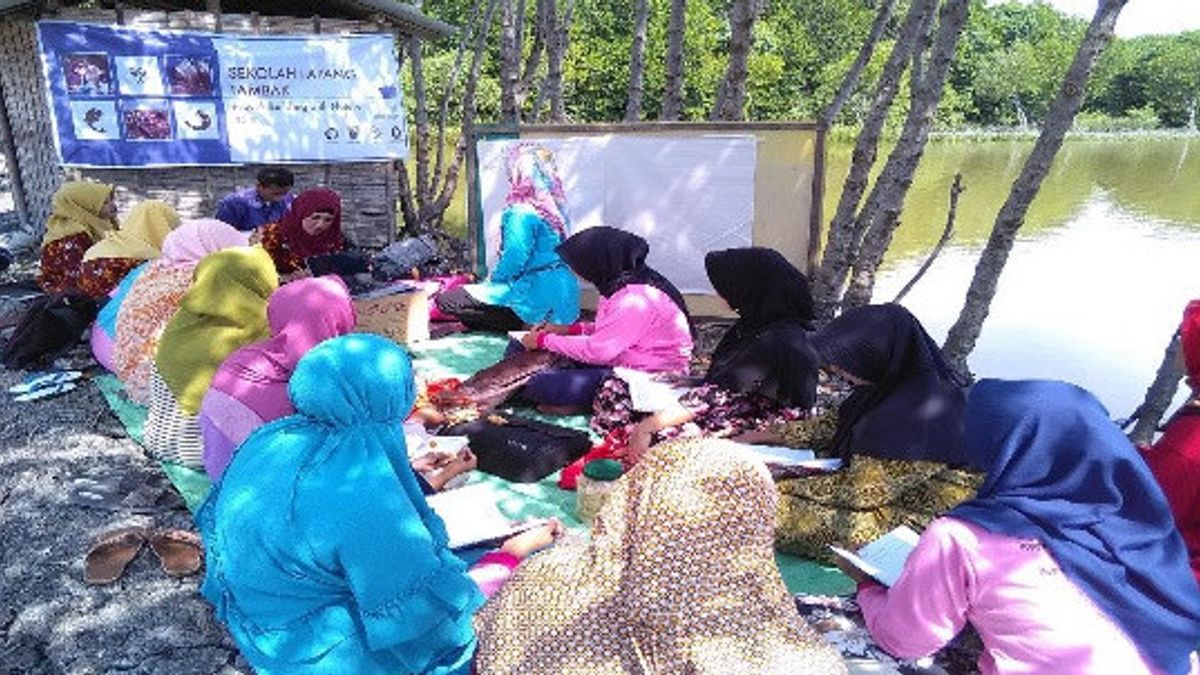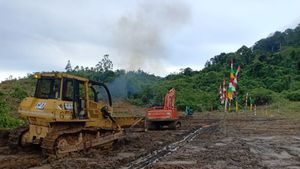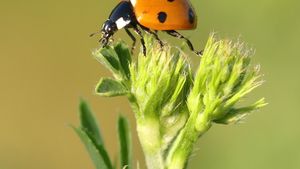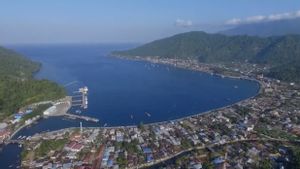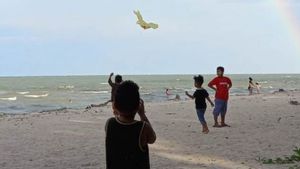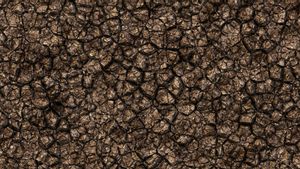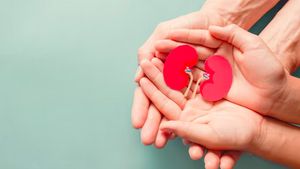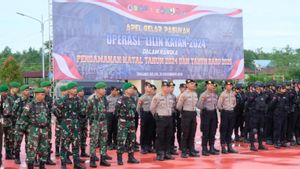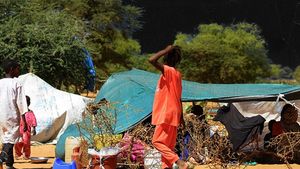JAKARTA - Currently, aquaculture is still a lucrative livelihood but has the potential to cause conflict to the environment and society. Thus, aquaculture Field Schools (SL) are deemed necessary to produce better management practices.
The Chief Technical Advisor of the Blue Forest Foundation said this activity was the implementation of a student-centered extension program known as the Fish Farmer Field School.
"SL aims to increase the productivity of aquaculture through developing critical thinking skills and improving aquaculture practices by emphasizing fish cultivators, reducing the use of external inputs (fertilizers, feeds, and pesticides), eliminating pesticides, and evaluating fish health through observing fish behavior", he said in his written statement, quoted on Saturday, June 12.
SL or also called Fish Farmer Field School (FFFS) also leads to the empowerment of fish farmers. Participants follow a learning cycle focused on solving problems so that they better appreciate the role of ecosystems in maintaining health and productivity.
SL facilitator from the Center for Food Crops and Horticulture Protection, South Sulawesi, Syafruddin explained that SL has advantages ranging from increasing observation and knowledge of farmers or farmers to encouraging environmentally friendly cultivation and increasing income.
However, there are also drawbacks that he mentioned, ranging from the long implementation time because it follows the cultivation production cycle, requires a facilitator, to the high cost.
"In order for SL to run effectively and comprehensively, an attractive activity design is needed so that the enthusiasm of the participants is always maintained as well as an effective monitoring and evaluation design," he said.
SEE ALSO:
Meanwhile, the facilitator of the SL ponds at the Blue Forest Foundation, Weningtyas said that the success of the Tambak Field School also depends on the success of organizing groups of farmers or farmers.
According to him, organizing a group of farmers will facilitate the achievement of SL's goals. Coordination with related agencies; determine the criteria for group members based on profession, age, interest in learning, active, etc; identification of potential local guides; socialization; make learning agreements; and the personal approach to group members by the facilitator is the beginning of the empowerment activity.
The duration of the Farmer Field School is at least 1 cycle of pond cultivation or about 3 to 4 months. At the end of the session, learning participants can be invited to compare the learning demonstration plot and habits/comparisons. The Field School process can be repeated or additional material if deemed necessary.
The final result of SL is a process of comprehensive understanding (holistic) of study group members on problems and finding solutions, not just the quantity or nominal of the harvest. The implementation of SL is considered quite successful so that currently the system is also adopted by the Department of Marine Affairs and Fisheries in several regions.
The English, Chinese, Japanese, Arabic, and French versions are automatically generated by the AI. So there may still be inaccuracies in translating, please always see Indonesian as our main language. (system supported by DigitalSiber.id)
